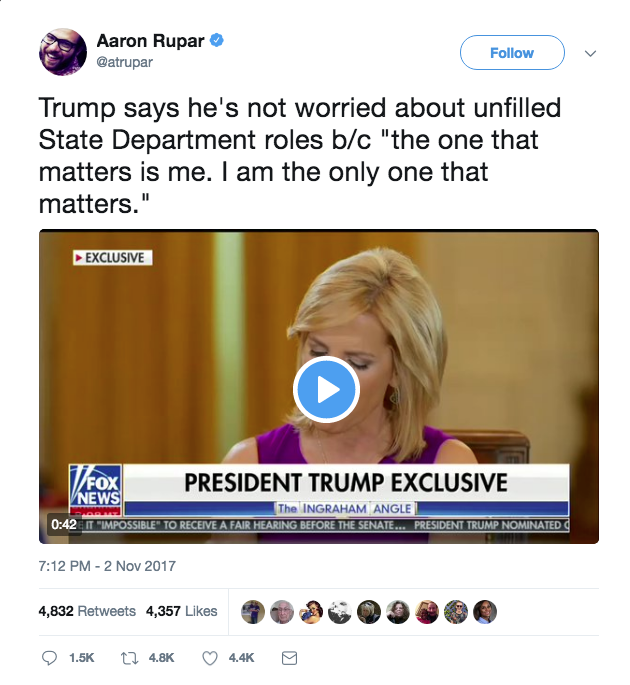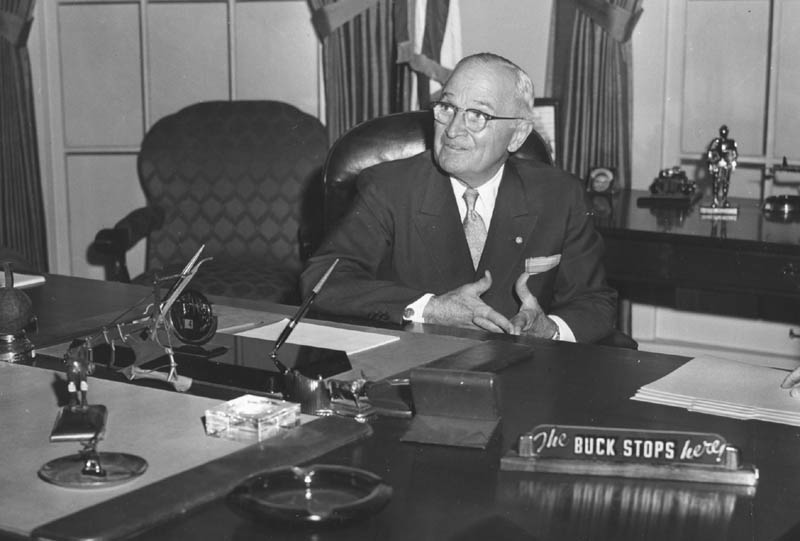November 15, 2004 by lonbud
Choose Your Poison
As the great man himself, Ronald Wilson Reagan, would say, “There you go again.”
When he was finally called upon to appoint someone to head the bi-partisan investigation of the events surrounding September 11, 2001, George W. Bush’s first instinct was to name the notorious war criminal Henry Kissinger to the position. Despite Mr. Kissinger’s familiarity with the terrorist mindset, he quickly declined the appointment, averring that his fifteen minutes were long past and that he’d prefer to continue amassing his personal fortune in the war, death, and security consulting industry outside the glare of public scrutiny.
Faced last week with the first significant defection from the juggernaut that is his presidency, Mr. Bush accepted the resignation of Attorney General John Ashcroft by tendering the name of Alberto R. Gonzalez for confirmation as the nation’s Top Cop.
For a man swept to an improbable second term as Leader of the Free World on a wave of support from the Right To Life movement, Mr. Bush’s choice of Sr. Gonzalez speaks volumes and raises a host of questions.
Long a trusted legal adviser to Mr. Bush, Sr. Gonzalez is among the first names mentioned in conversation about the President’s impending appointments to the Supreme Court. In that respect it is curious to think of him serving as Attorney General, unless Chief Justice William Rhenquist is longer for this world than appears to be the case. Perhaps if he can survive a confirmation to the Attorney General’s office, the thinking is, Sr. Gonzalez will have an easier time ascending to the higher bench.
In any event, we’ve at least the obligation to examine the man’s qualifications for office; or does the mandate obviate that?
Alberto R. Gonzalez served as Chief Legal Counsel when Mr. Bush was governor of Texas. In that capacity he prepared fifty-seven confidential death-penalty memoranda for the governor’s review. During Mr. Bush’s six years as governor 150 men and two women were executed in Texas –a record unmatched by any governor in modern American history.
Each time a person was sentenced to death, Mr. Bush received from his legal counsel a document summarizing the facts of the case, usually on the morning of the day scheduled for the execution, and was then briefed on those facts by his counsel. Based on this information Mr. Bush allowed the execution to proceed in every case but one. The first fifty-seven of these summaries were prepared by Sr. Gonzales, a Harvard-educated lawyer who went on to become the Texas secretary of state and a justice on the Texas supreme court. He is now the White House counsel.
You can read a detailed explication of Sr. Gonzalez’s fulfillment of his duties during that period at http://www.theatlantic.com/issues/2003/07/berlow.htm and, should you choose to delve deeper, three of the memoranda in their entirety at http://www.theatlantic.com/issues/2003/07/berlow-documents.htm.
Sr. Gonzalez consistently omitted crucial elements of many cases, including evidence of ineffective counsel, conflicts of interest, mitigating evidence, and even actual evidence of innocence. His memoranda were summary, and circumspect, and void of any detail upon which the governor might need to agonize in his role as the appeal of last resort.
Right to Life, indeed.
In several superficial respects, Sr. Gonzalez is a ripe choice for the vesting of authority such as the Attorney General’s, or that of a Supreme Court justice. Aren’t the liberals and the P.C. crowd forever clamoring for someone other than white males in positions of power?
Here’s a minority representative, from a disadvantaged background, who came up through the system of training and indoctrination reserved for the most privileged elements of society; and he connects intuitively with the requisites of power.
Take, for example, the use of torture. With a keen appreciation for the ‘animals’ who now threaten the very existence of Western Civilization, Sr. Gonzalez, as White House counsel, wrote a memorandum in February 2002 arguing that international laws governing the use of torture do not apply to the United States in its prosecution of the War on Terrorism. This kind of reasoning and top-level policy making laid the foundation for the abuse of prisoners at Guantanamo Bay and Abu Ghraib.
Sr. Gonzalez has also argued the Geneva Convention does not apply to ‘enemy combatants’ taken prisoner in the War on Terrorism, even when such combatants are also American citizens, and that persons arrested on suspicion of terrorism may be rightly detained for extended periods of time without access to counsel or the courts. His position in that regard was recently condemned by the Supreme Court, which could explain Mr. Bush’s desire to elevate him to that august, if maddeningly restrictive body.
In his remarks introducing the Gonzalez nomination, Mr. Bush said “His sharp intellect and sound judgment have helped shape our policies in the war on terror,” and “He has an unwavering principle of respect for the law.” Can it be that the only hispanic member of the legal community in this country with a sharp intellect, sound judgment, and an unwavering respect for law also happens to believe torture is a permissible interrogation tool and certain people should be held indefinitely without charge or access to legal counsel?.
I think not. It is possible, however, that Mr. Bush is all too happy to appoint to the highest legal office in the land a long-trusted advisor from his days as governor of Texas, a “good friend,” without regard to whether that person’s legal views comport with the founding principles of this nation or with the considered agreement of the international community on principles of basic human rights.
He said it a long time ago, and Mr. Bush should be taken at his word, in case there is any doubt: “You’re either with us, or you’re against us.” Fifty-five million voters went on record as being against him on November 2nd. In time, we’ll see how many more Americans are willing to rise up against this dangerous, amoral president.



Leave a Reply
You must be logged in to post a comment.